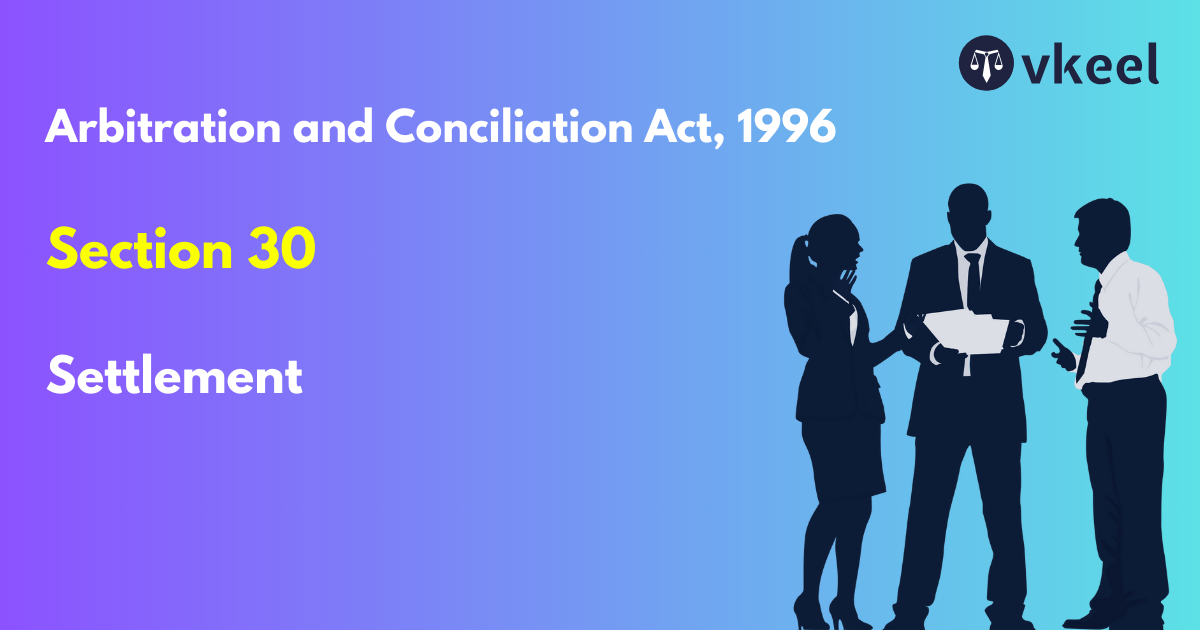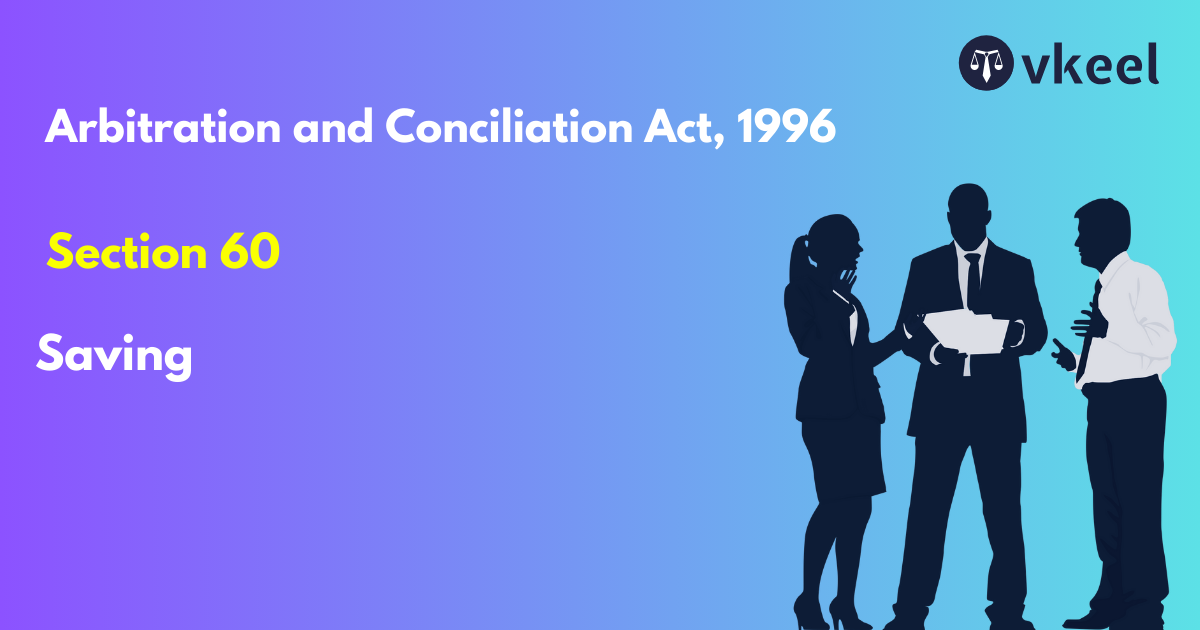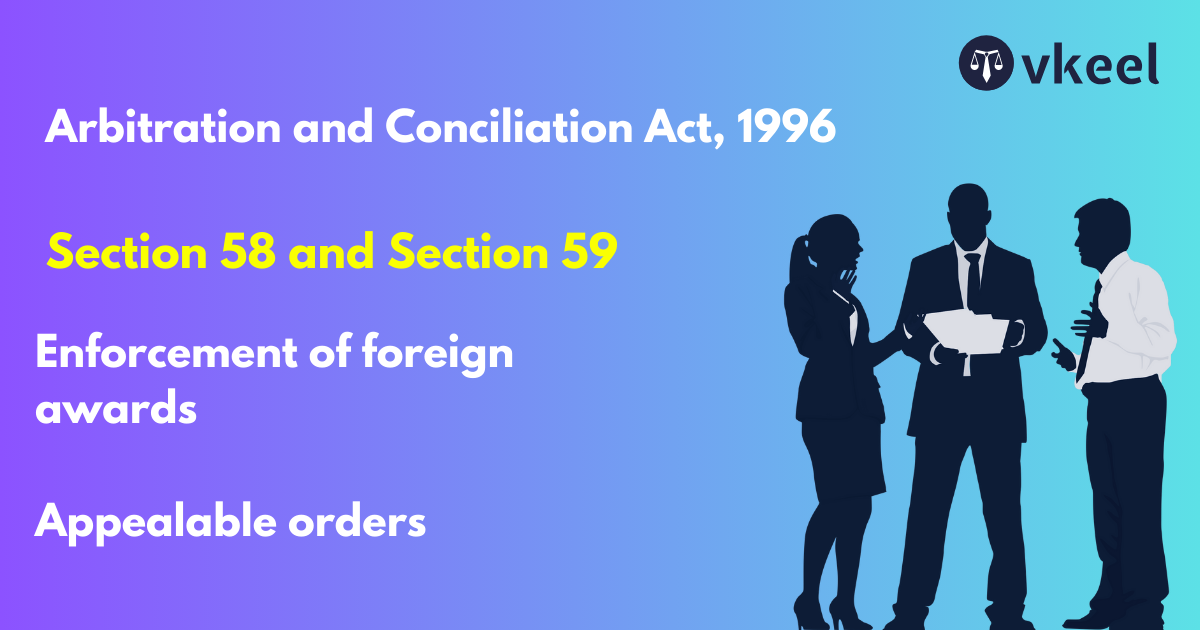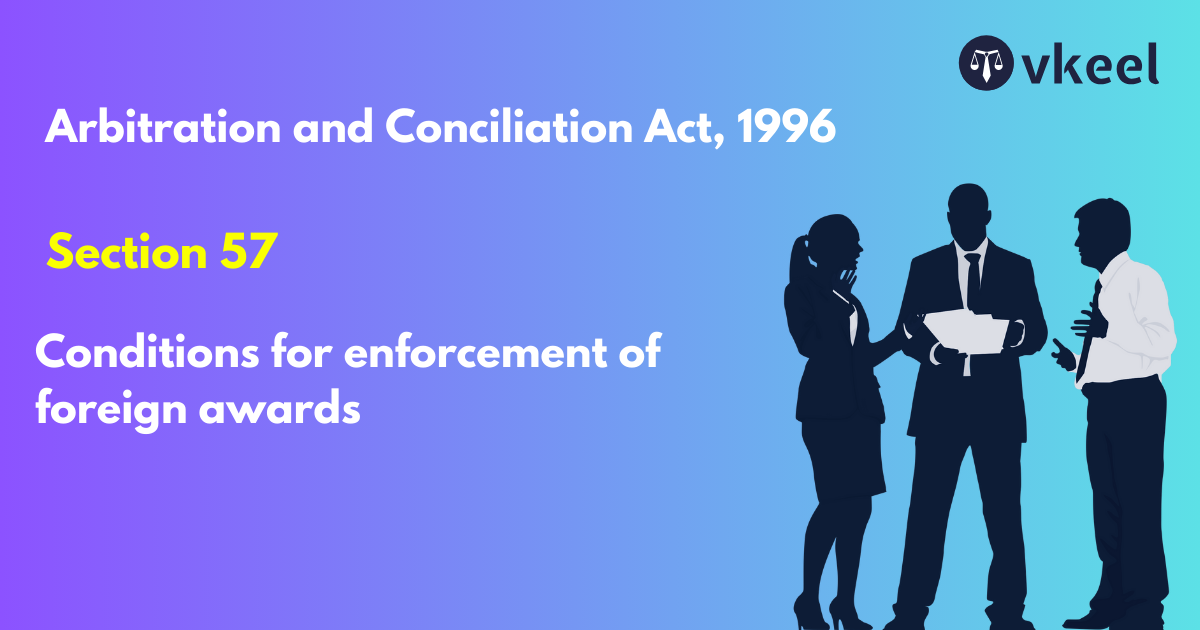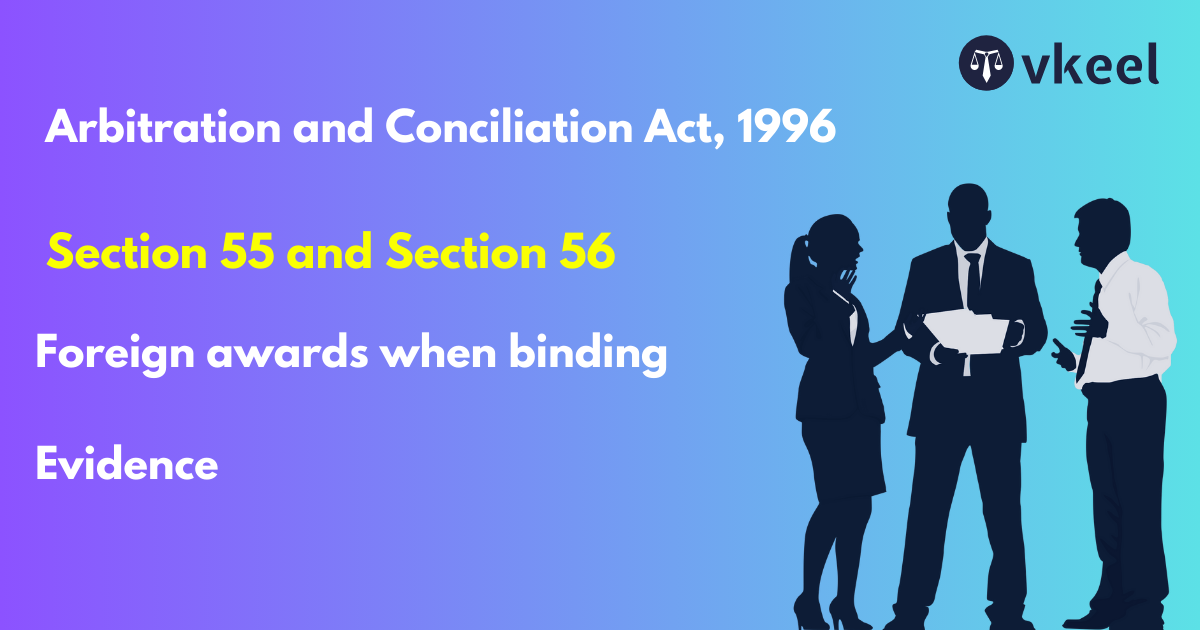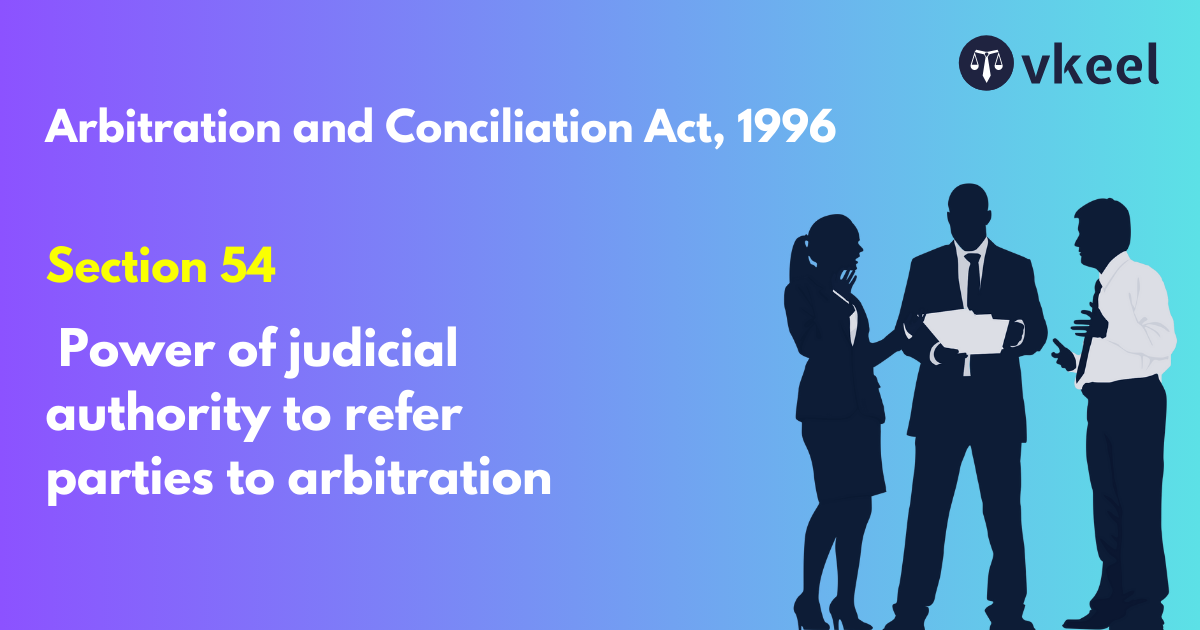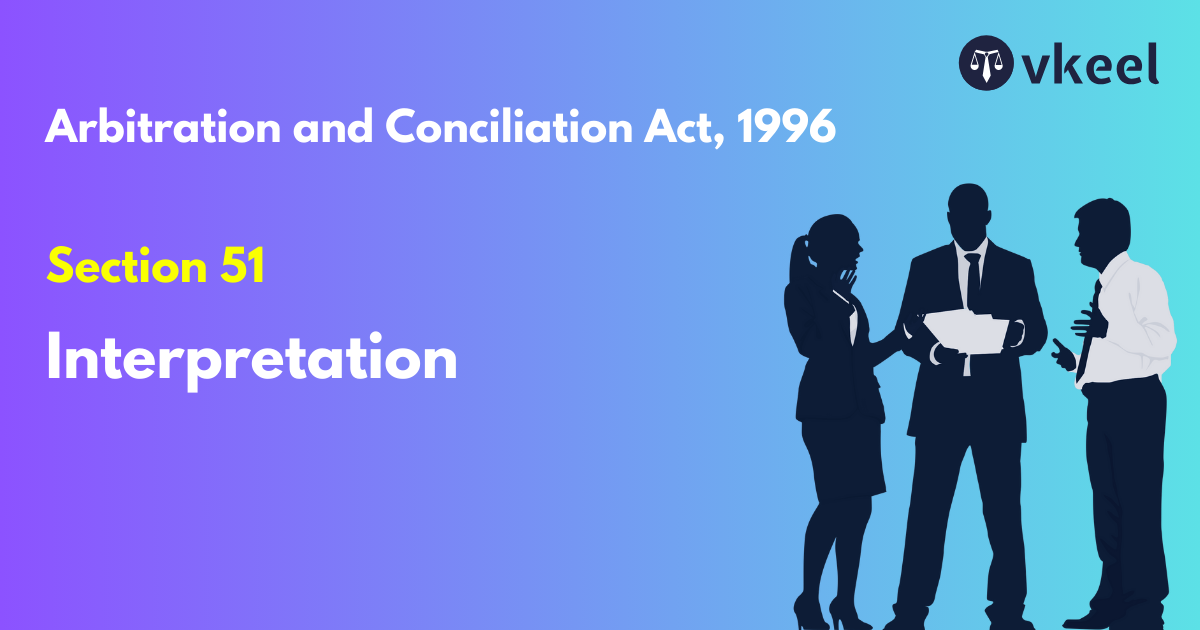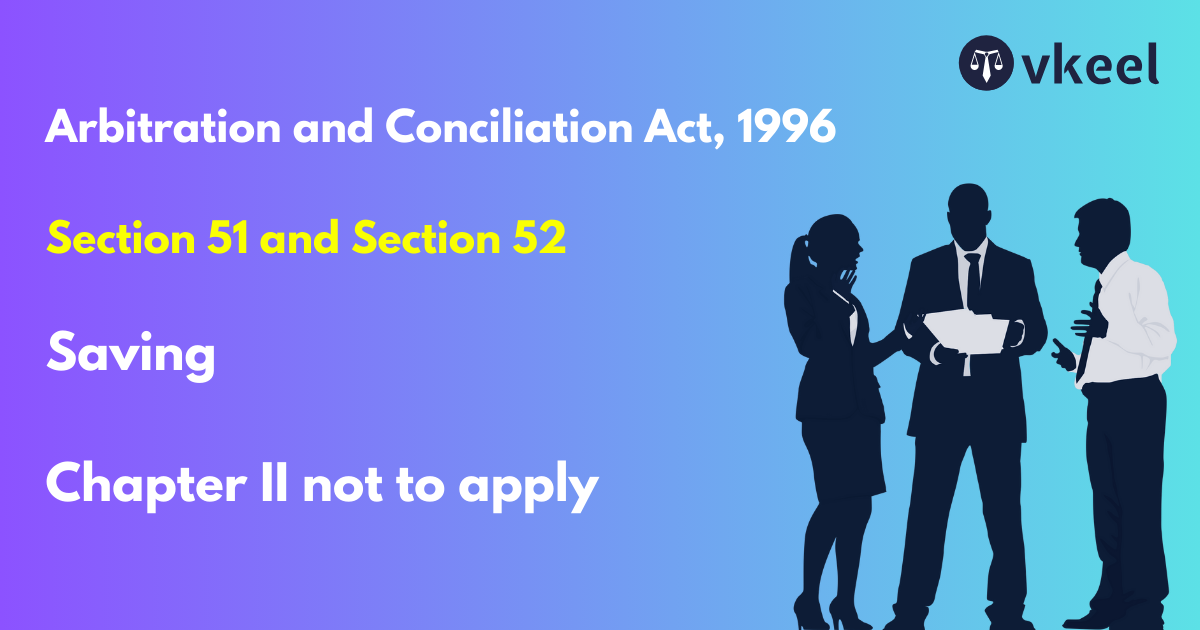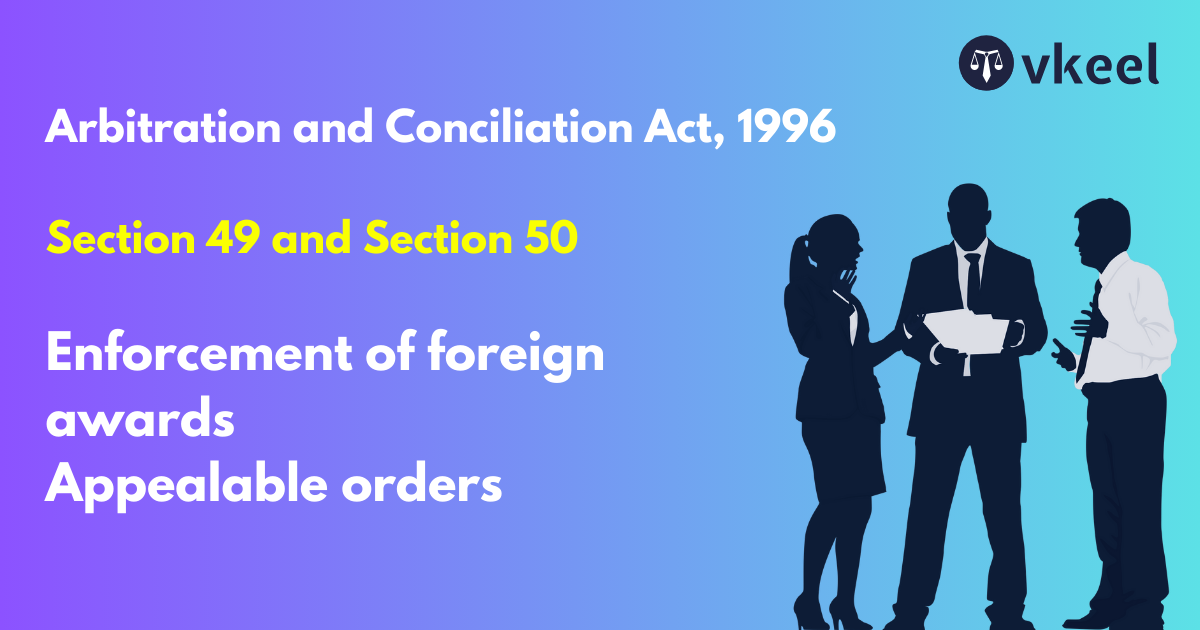Section 30: Arbitration and Conciliation Act, 1996
By Nivedita Dhiman
Table of Contents
Introduction of Section 30
Section 30 of the arbitration and conciliation act empowers the arbitral tribunal to determine the cost of the process of arbitration. This includes costs other than the fees of the arbitrators. The object and purpose of settlement under this section is to settle all the disputes which arises out of the main contract in one go rather than in piece-meal. This settlement has to be done while the arbitration proceedings are still going on.
Section 30 of Arbitration and Conciliation Act
Settlement
(1) It is not incompatible with an arbitration agreement for an arbitral tribunal to encourage settlement of the dispute and, with the agreement of the parties, the arbitral tribunal may use mediation, conciliation or other procedures at any time during the arbitral proceedings to encourage settlement.
(2) If, during arbitral proceedings, the parties settle the dispute, the arbitral tribunal shall terminate the proceedings and, if requested by the parties and not objected to by the arbitral tribunal, record the settlement in the form of an arbitral award on agreed terms.
(3) An arbitral award on agreed terms shall be made in accordance with section 31 and shall state that it is an arbitral award.
(4) An arbitral award on agreed terms shall have the same status and effect as any other arbitral award on the substance of the dispute.
Interpretation of Mediation and Conciliation
Section 30 does not define the words “mediation” and “conciliation”. In the dictionary mediation means mediating or serious contemplation whereas conciliation means to win over. These two words have the same meaning and are interchangeable, but there is a distinction though the purpose sought to be achieved is the same. Mediation is the technical term in international law which signifies the interposition by a neutral and friendly state between the two states at war or on the eve of war with each other, of its good offices to restore or to preserve peace. The term is sometimes used as a synonym for intervention, but differs as is being purely a friendly act.
Landmark Judgements of section 30
Thawardas Pherumal v UOI, AIR 1955
The position of the arbitrator under the 1940 Act was that an arbitrator is not a conciliator and cannot ignore law or misapply it in order to do what he thinks is just and reasonable. He is a tribunal selected by the parties to decide their disputes according to law and so is bound to follow and apply the law; and if he does not he can be set right by the court provided his error appears on the face of the award.
Masye Projects Put Ltd u Jaiprakash Associates Ltd, 2018
There are two stages to a settlement. First, the parties enter into a settlement and agree on settling the disputes on certain terms and conditions and thereafter the terms and conditions are acted upon resulting in a final settlement of the agreed terms. It is only when the parties have performed their respective obligations, as agreed to, that a final settlement of disputes occurs resulting in the extinguishment of arbitral disputes.
Teherbhai Abdullabhai vs Mohammad Hussain Abdullabhai, 2004
An arbitrator gets jurisdiction to make an award on agreed terms only if there is a request made by the parties and not otherwise. The jurisdiction of the arbitrator is based on the consent of the parties and he can make an award on the basis of the findings recorded on the disputed issues. If the parties have reached a settlement, it is open to them to decide whether they want an award in terms of the settlement or they want the termination of the arbitral proceedings because of the settlement reached between them.
Sanjay Gupta vs Ram Kishore Gupta, 2012
The appellant contended that he had no knowledge of the award. Held that there was no allegation that the award was not pronounced in the presence if the appellant and, therefore, he could not gather the knowledge of the award. Furthermore, the fact that award given by the arbitrator was the consent award, the period of limitation will start running from the date of the award and the limitation having commenced from the date of pronouncement of the award, it was barred by the limitation.
Conclusion of section 30
Section 30 would enable the arbitral tribunal to persuade the parties to settle the matter amicably rather than prolonging it. The parties settle the disputes before the arbitration reaches a conclusion as it reduces the risk of bearing more costs. This section displays principles of justice and equity by promoting efficient resolution of disputes.
Disclaimer:
The information provided in the article is for general informational purposes only, and is not intended to constitute legal advice or to be relied upon as a substitute for legal advice. Furthermore, any information contained in the article is not guaranteed to be current, complete or accurate. If you require legal advice or representation, you should contact an attorney or law firm directly. We are not responsible for any damages resulting from any reliance on the content of this website.

